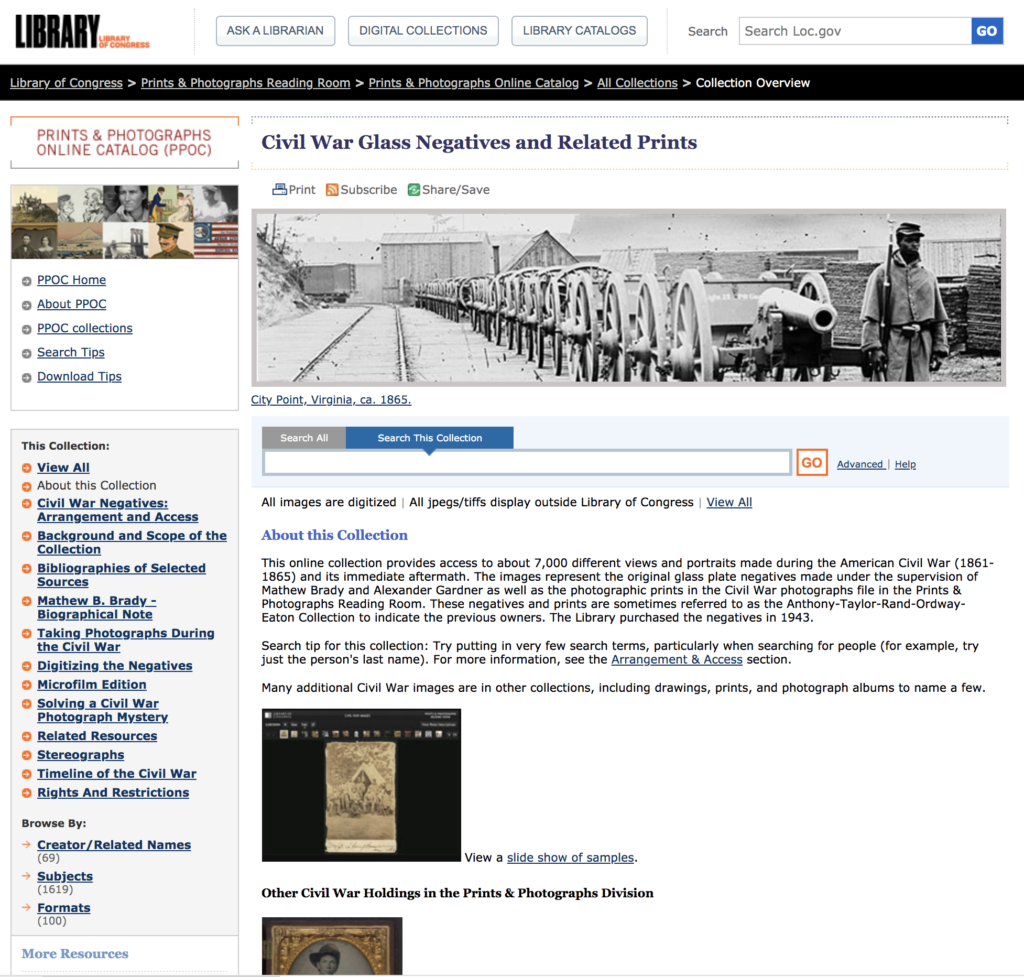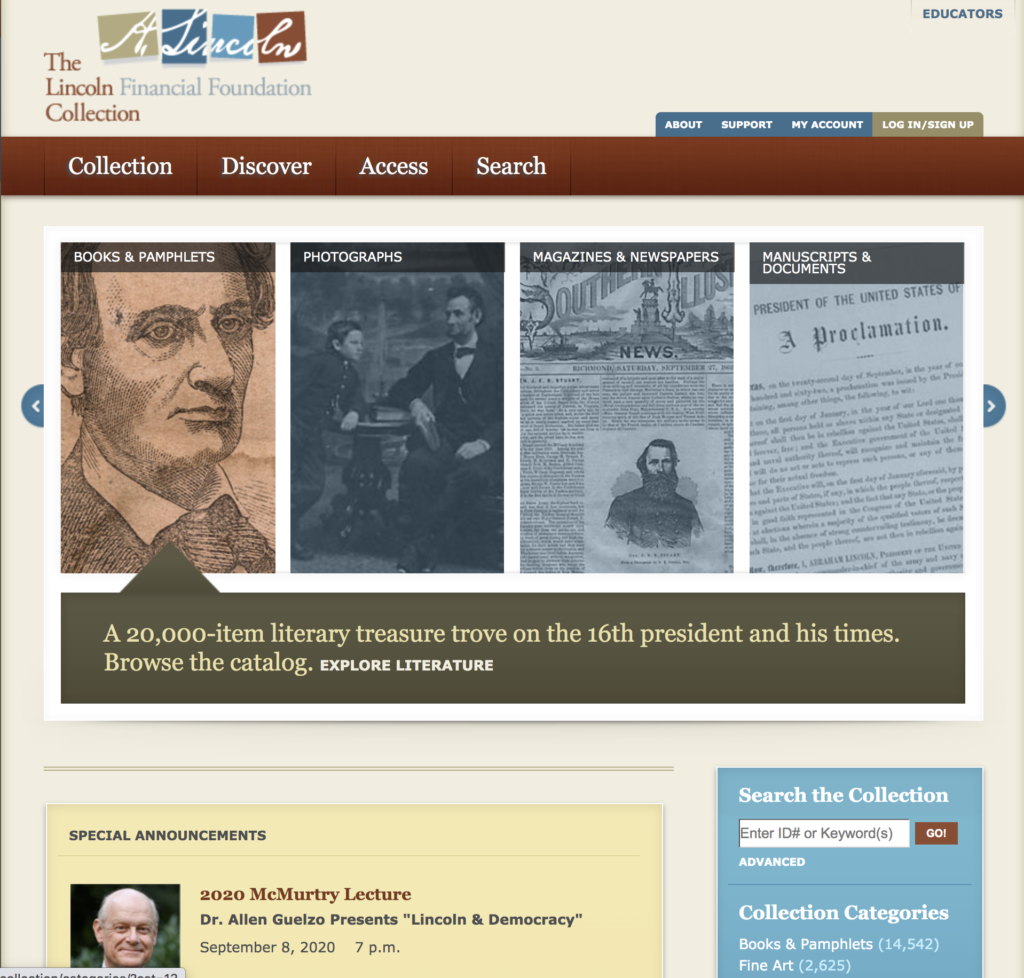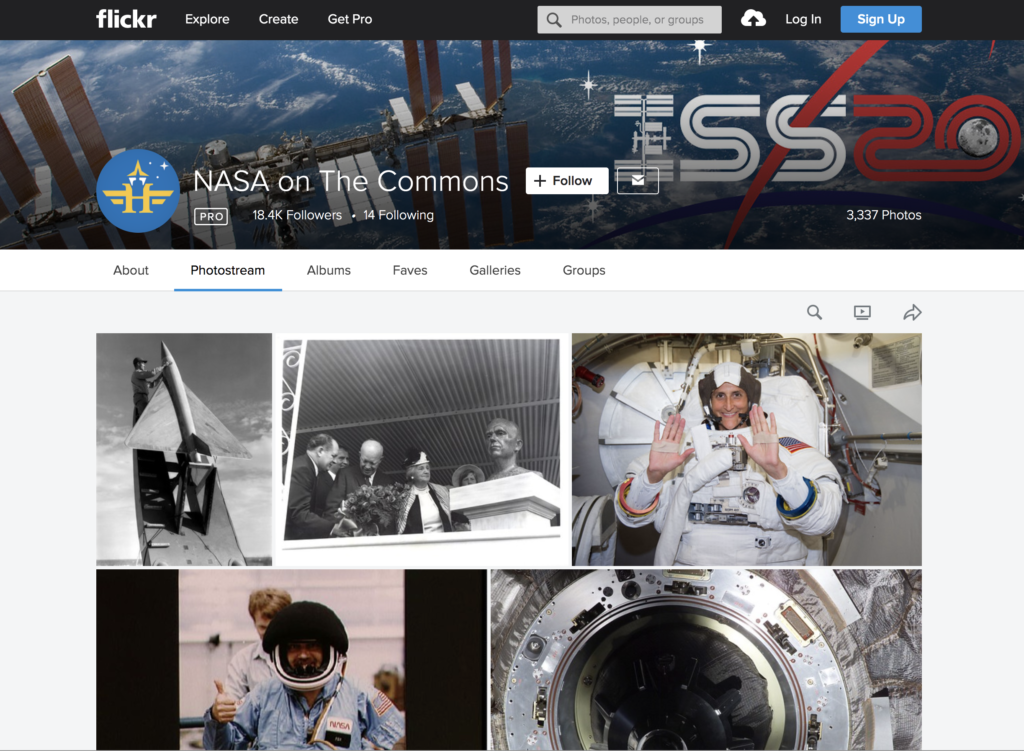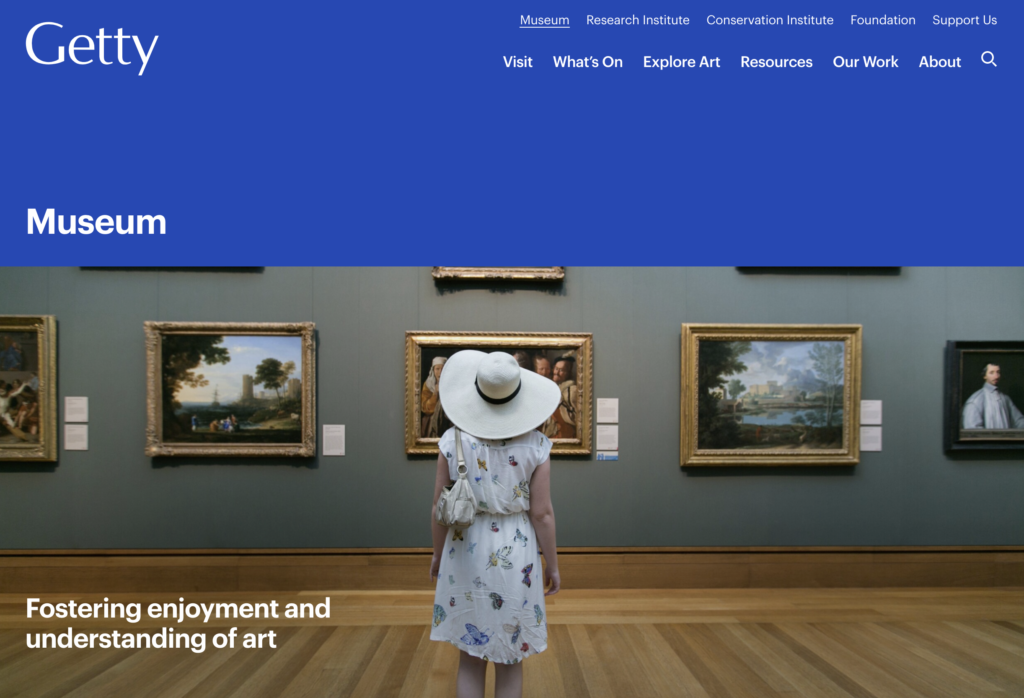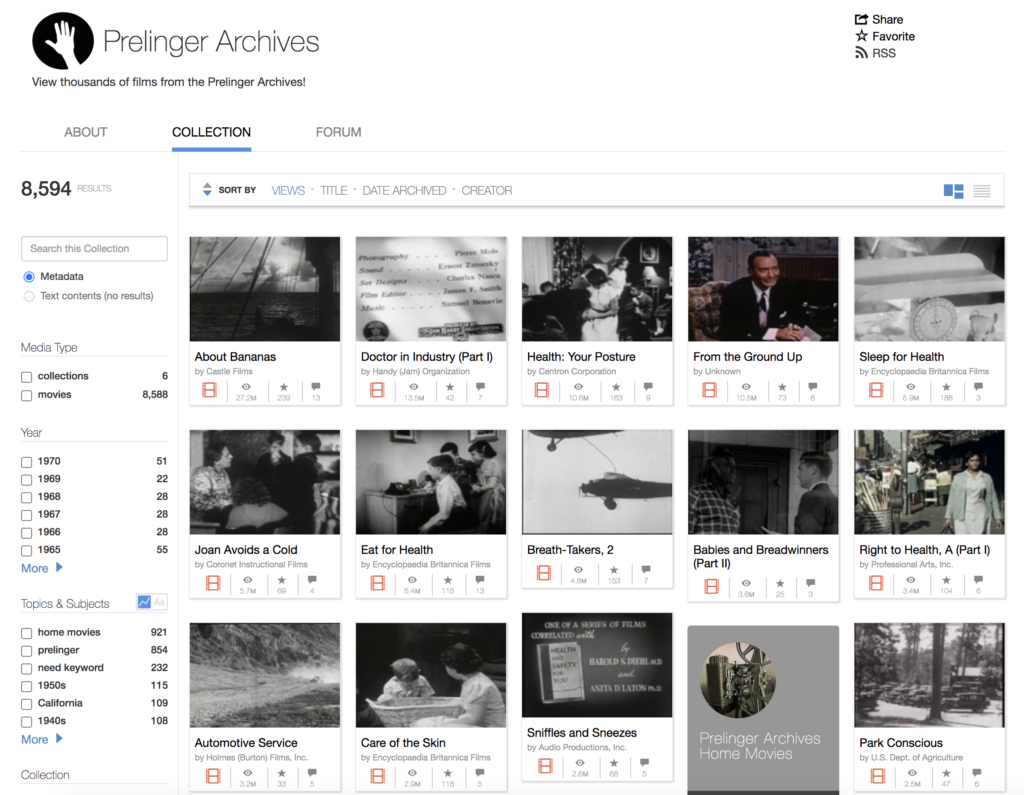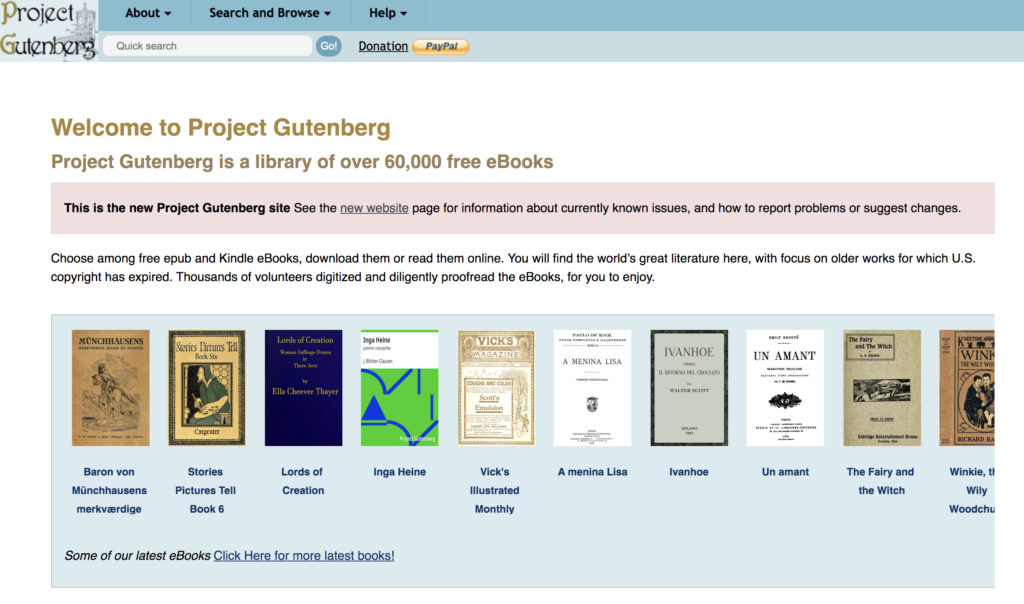
Project Gutenberg’s mission is to encourage the creation and distribution of eBooks. In fact, Project Gutenberg’s website (https://www.gutenberg.org/) says that they approve about 99% of all requests from those who would like to utilize their eBooks and disseminate them , within their various local copyright limitations.
Project Gutenberg states that it is powered by ideas, ideals, and by idealism. The site leverages volunteers and provides them the freedom to offer what books to do, what formats to do them in, or any other ideas they may have concerning “the creation and distribution of eBooks.”
Project Gutenberg claims that they are not in the business of establishing standards and strives to bring eBooks to their readers in as many formats as their volunteers wish to make.
The project encourages everyone to contribute.
Thus, there are no dues, no membership requirements: and still only the most general guidelines to making eBooks for Project Gutenberg.
Their stated goal is to provide as many eBooks in as many formats as possible for the entire world to read in as many languages as possible.
Rights:
Terms of use and copyright information are listed in the following link (https://www.gutenberg.org/policy/permission.html). The site states that most permission requests received do not require a custom response. This is due to the fact that a vast majority of Project Gutenberg eBooks are in the public domain in the US. This means that nobody can grant, or withhold, permission to do with this item as you please. The site does provide access to a further description for “As you please”, including any commercial use, republishing in any format, making derivative works or performances, etc. They recommend to read more about the public domain in Wikipedia.
